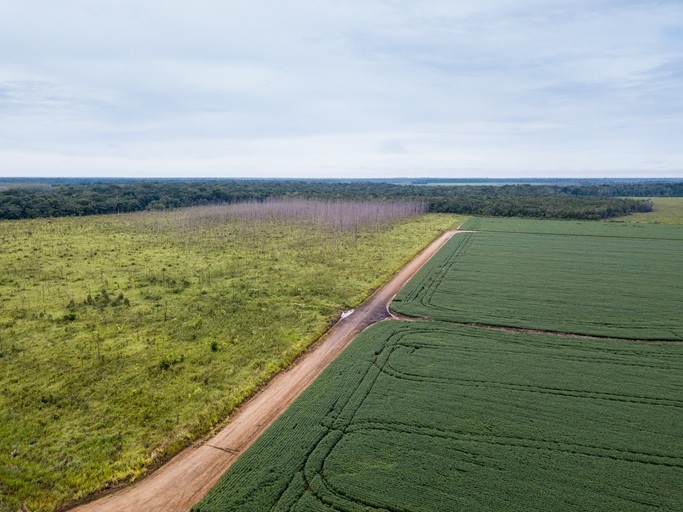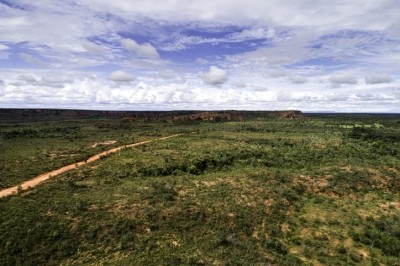Legal complaint filed against Cargill over alleged deforestation and human rights failings in Brazil

It is the first time the company – the largest privately held firm in the US – is facing a legal challenge in the US in relation to its deforestation footprint in the Amazon rainforest, Atlantic Forest and Cerrado savanna, said the environmental legal non-profit.
The campaign group accuses Cargill of not properly monitoring vast quantities of the soy it trades, handles at its ports, or ships to global markets to identify and eliminate links to deforestation and human rights abuses, breaching its legal due diligence responsibilities.
ClientEarth has triggered the complaints procedure in the US under the guidelines of the Organisation for Economic Cooperation and Development (OECD), an international set of standards for responsible business conduct.
The activists outlined how they reviewed Cargill’s public policies and reporting documents, claiming that they reveal deficiencies in its due diligence processes.
In addition, the activists purport that Cargill does not appear to have adequate policies and systems in place to address human rights impacts related to its soy operations in Brazil, even though it has been linked to cases of rights violations. The campaigners cite examples of the socio-environmental harms suffered as a result of the construction and operation of the company’s Santarém port, including forced displacement and violence against land defenders in the area of influence of the trading hub.
Cargill insists it has robust procedures in place to prevent deforestation from entering its soy supply chains. The company told the Guardian it has not seen the full legal complaint but that it had an unwavering commitment to eliminate deforestation and conversion in South America.
OECD evaluation
The US National Contact Point for the OECD will now assess whether the complaint is material and substantiated. If the complaint is accepted, it will then offer to bring ClientEarth and Cargill together to resolve the issues through mediation.
ClientEarth lawyers added that Cargill strengthening its due diligence processes, in compliance with the OECD guidelines, is in its best interests as more jurisdictions move to make enhanced due diligence mandatory.








